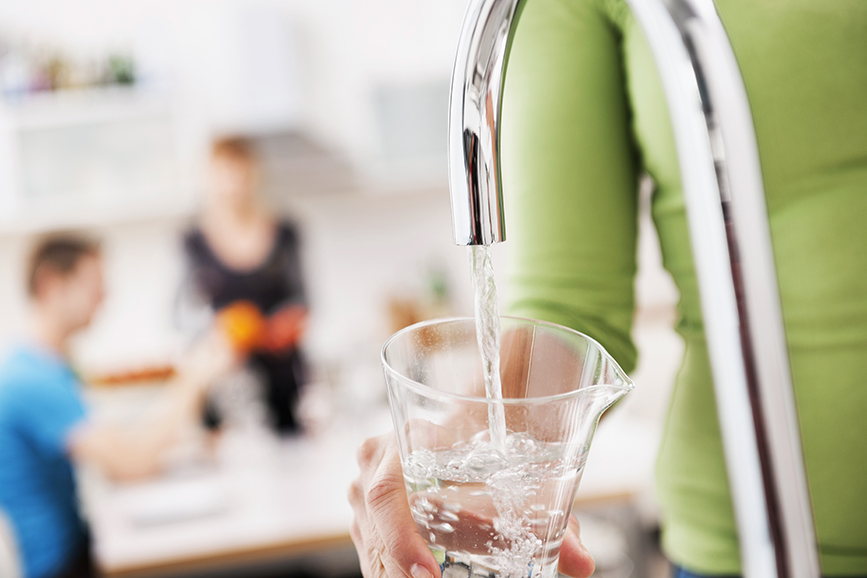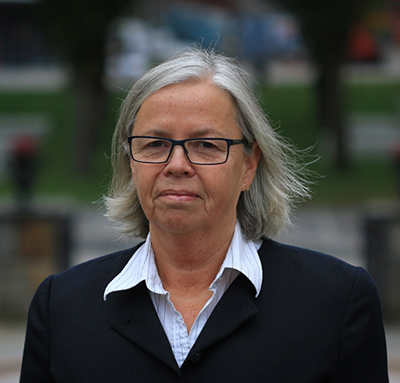Getting minerals from water is as important as hydrating, says researcher-author

The water we drink should contain more than 20 vital minerals, which are needed to protect against various diseases, says KTH guest researcher Ingegerd Rosborg. She co-authored a book that has become one of the most-used by those working in several areas related to global sustainable development.

It is commonly recommended that people should drink two litres of water per day to maintain a good fluid balance and good health. But that is not entirely true, says Rosborg , a nutritionist and editor of the book, Drinking Water Minerals and Mineral Balance.
How much to drink depends on how much one weighs, she says
Rosborg says that the proper intake should be calculated roughly by multiplying a person’s weight by 0.03 times. A person who weighs 100kg should therefore drink 3 litres per day.
But, she says, it is not simply the amount of water we drink that matters. It is at least as important to consume sufficient amounts and the right balance of more than 20 essential minerals, including calcium, magnesium, bicarbonate, selenium, molybdenum and silicon. All contribute in different ways to protection against various diseases such as inflammation, high blood pressure, diabetes, osteoporosis, cardiovascular disease and cancer.
“The body absorbs the minerals best by drinking water,” she says.
The minerals are so important for health, she says, that regulations should specify the lowest accepted levels of these in drinking water – similar to the way regulations stipulate upper limit values for the presence of bacteria and toxins.
When needed, water should be remineralized at least with calcium, magnesium and bicarbonate, she says. “But the ideal water, with a balance between all the essential minerals, does not exist so far, in any case.”
According to Springer Publishing, Rosborg’s book, Drinking Water Minerals and Mineral Balance, is one of the most widely-used books in several areas that are important for several of the UN Sustainable Development Goals.
Rosborg came to KTH in 2009 as a guest researcher at the Department of Soil and Water Technology, where she holds a number of courses, despite being retired. In June, she will teach a master's course online called, Drinking water technology - from source to healthy tap water.
Håkan Soold / David Callahan